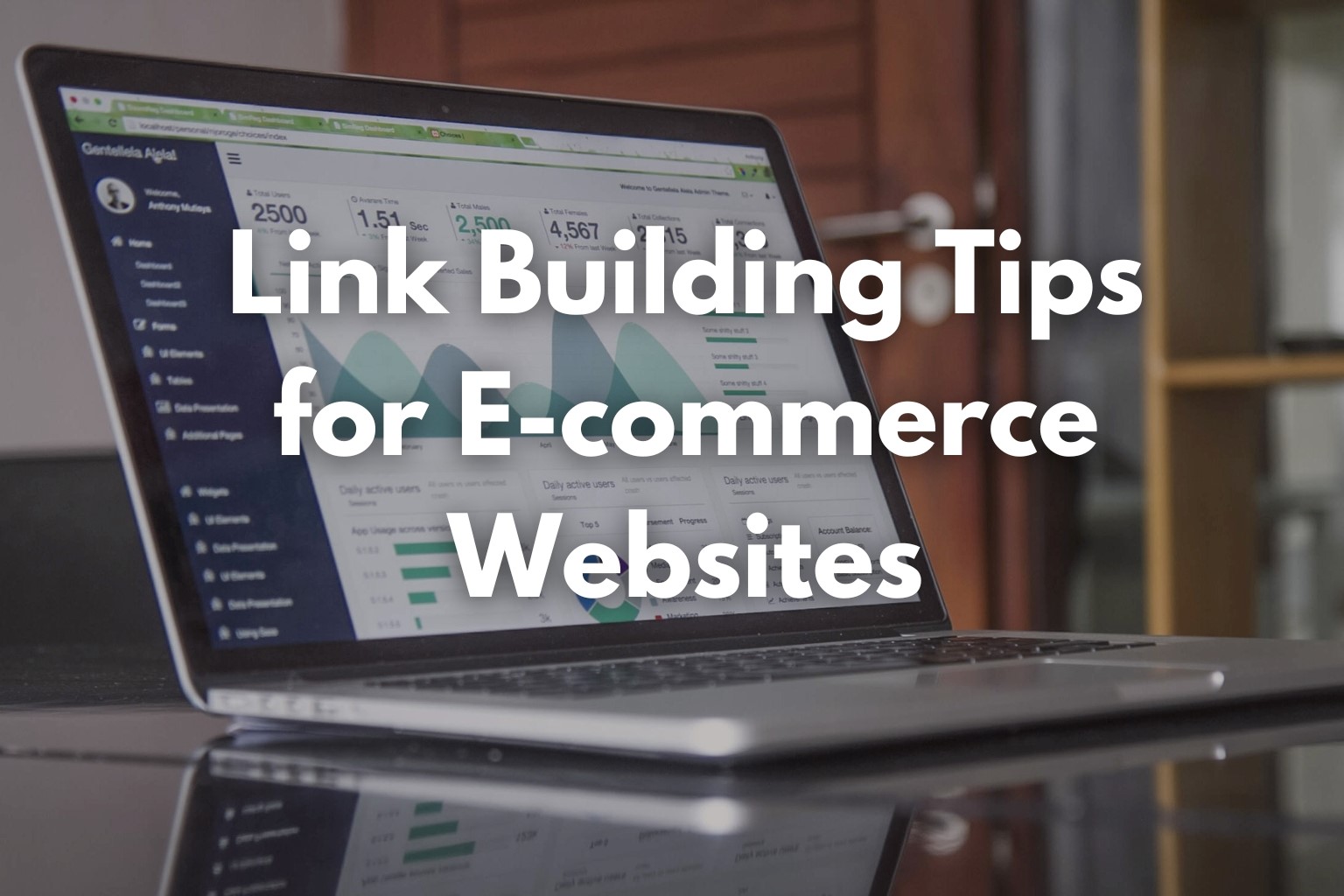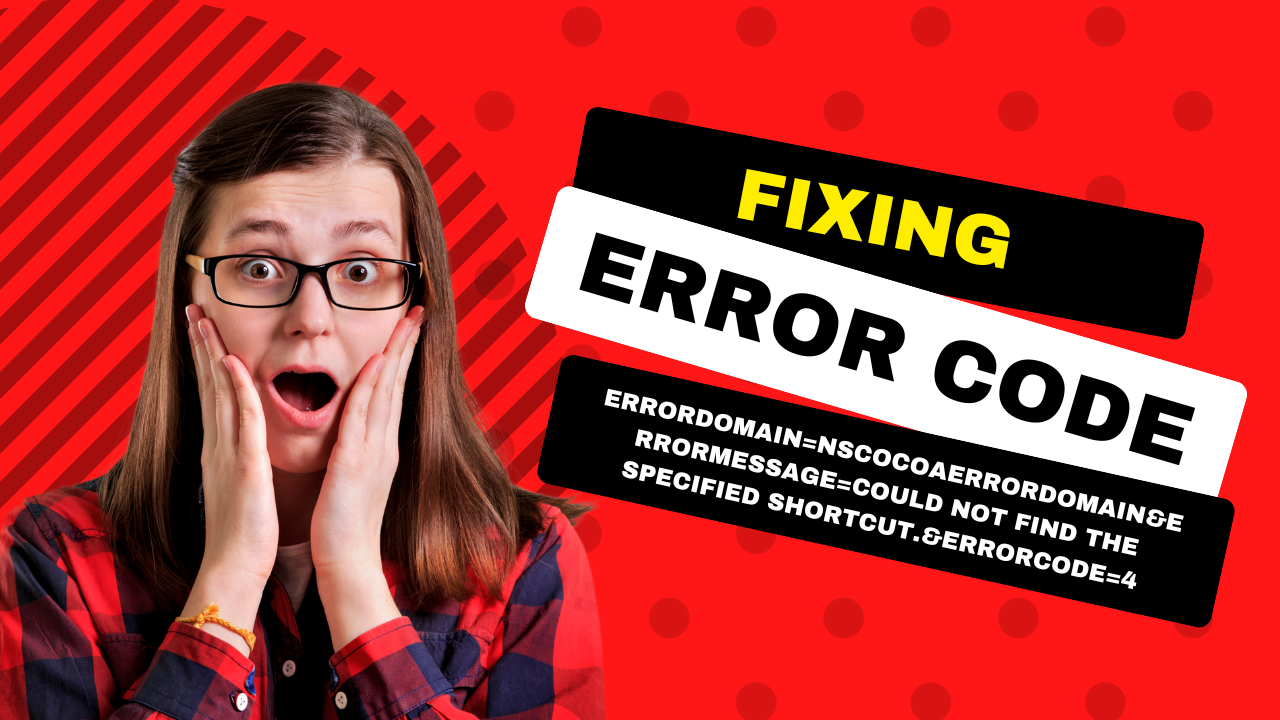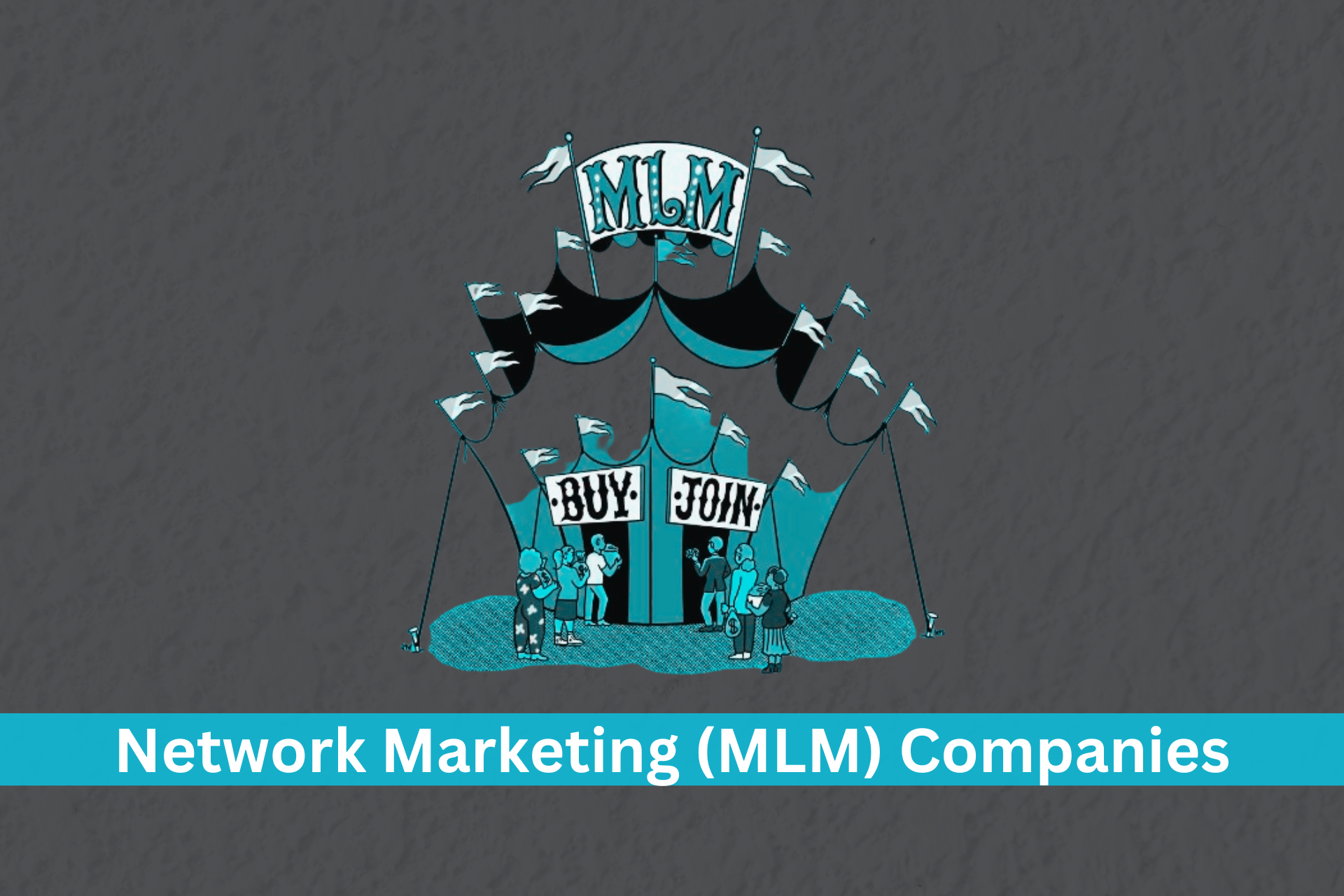Link building is the backbone of SEO for e-commerce websites. It’s a pivotal strategy that boosts your site’s visibility in SERP and drives organic traffic to your product pages. As you dive into the world of e-commerce link building, understanding its importance, strategies, and how to navigate its challenges can set you apart from the competition.
Understanding the Basics of Link Building
Fundamentals of Link Building for E-commerce
At its core, link building is about creating inbound links that direct to your e-commerce site. These links act like votes of confidence from other websites, telling search engines like Google that your content is valuable, credible, and useful. The types of links you have, whether they’re from high-authority domains or packed with relevant anchor text, can significantly influence your backlink profile and, by extension, your organic traffic.
Types of Links
In e-commerce, links can be categorized into three primary types: editorial, manual outreach, and self-created.
Editorial links are the gold standard; they come from content that is so compelling that other site owners want to share it with their audience.
Manual outreach involves asking bloggers, industry leaders, and customers to link to your product or category pages.
Self-created links, while easier to gain, are often less valuable and must be used judiciously to avoid penalties from search engines.
Crafting a Link Building Strategy
Strategic Link Building for E-commerce Growth
A successful link-building strategy for your e-commerce business begins with setting clear goals. Understanding your target audience and conducting a competitive analysis are steps that cannot be skipped. These initial moves help in tailoring your approach to fit the unique contours of your online store, aiming to improve search engine rankings and visibility among potential customers.
A link-building strategy requires constant testing and optimization. Be prepared to pivot and adapt your approach based on the data and results. Link building is an ongoing process that evolves as search engine algorithms change. Stay up-to-date on the latest SEO best practices for acquiring backlinks sustainably and ethically through an ethical link building agency.
Goal Setting and KPIs
Goals for link building should be SMART – Specific, Measurable, Achievable, Relevant, and Time-bound. KPIs or Key Performance Indicators should be established to track the success of your link-building campaign. These might include improvements in search engine rankings for specific keywords, growth in organic traffic, or an increase in the number of high-quality backlinks.
When reaching out to earn backlinks, focus on relevant, high-authority sites in your industry. Guest posts on popular blogs and roundups can be a good way to gain high-quality links. Use outreach emails that are personalized and provide value to the site owner. Building relationships with influencers and brand advocates can also generate word-of-mouth links over time.
Link Building Techniques for E-commerce
Implementing Effective Link-Building Techniques
There are a variety of techniques you can employ to enhance your e-commerce link-building. Content marketing, guest blogging, broken link building, and link reclamation are all tactics that can be leveraged to develop your link profile. It’s essential to create linkable assets that are shared across social media and can attract high-quality content links.
Content Marketing
The heart of a robust link-building strategy is content marketing. By creating link-worthy content, such as engaging infographics or informative videos, you can attract natural backlinks to your e-commerce store. This type of content not only appeals to your target audience but can also be shared across product pages and social media platforms, increasing your brand’s visibility and backlink count.
While producing link-worthy assets is key, you also need distribution channels to get them maximum visibility. Leverage existing marketing initiatives like email newsletters and social promotion. Consider paid amplification through social media or native advertising to extend reach. Repurposing content across platforms and formats creates more opportunities for links. Track engagement and link equity metrics to refine approaches over time.
Guest Blogging
Guest blogging involves creating content for publication on other high-authority websites and blogs within your industry. By securing guest posts on reputable external sites, you can earn high-quality backlinks, raise brand awareness, and tap into new audiences. When guest blogging, focus on providing value for the site’s readers rather than overt self-promotion. Quality content that engages readers naturally accrues links over time.
Broken Link Building
Broken link building entails finding broken links on high-authority sites pointing to missing content and then creating relevant content to replace those links. This demonstrates value to website owners by fixing broken pathways on their sites. To find broken links, use online broken link checkers and regularly scout competitor and complementary sites by hand to spot dead links. Then produce content that fills the content gap.
Link Reclamation
With link reclamation, you reach out to website owners who previously linked to your content but have since removed the links. By identifying dropped links via analytics and link-tracking tools, you can email site owners, politely share the benefits of your content, and request reinstatement of the links. This helps recapture lost link equity through outreach.
Advanced Link Building Strategies
Advanced Techniques for Seasoned E-commerce Sites
For e-commerce sites ready to take their link building to the next level, advanced techniques like the Skyscraper technique, influencer outreach, link partnerships, and affiliate programs can be game-changers. These strategies involve not just creating high-quality content but also forging relationships and collaborations that can significantly amplify your brand’s reach.
Influencer Outreach
Influencer outreach is all about building mutually beneficial relationships with individuals who have a strong presence on social media or within your industry. These influencers can provide valuable backlinks to your e-commerce site and introduce your products to a wider audience. Crafting personalized outreach messages and maintaining ongoing relationships with these influencers can yield steady backlinks and traffic to your site.
Building a Reputation with Quality Content
Moving beyond the basics, it’s crucial to establish your e-commerce brand as a thought leader by producing content that stands out. This involves understanding the nuances of your target audience, tapping into current trends, and addressing pain points with unique solutions. By doing so, you create natural opportunities for high-authority sites to link back to your content, enhancing your domain authority and search engine rankings.
Leverage data and tools to create content that is optimized for your target audience. Analyse search trends, buyer keywords, and high-performing topics to produce assets that attract clicks and links. Optimizing content for SEO with meta tags, headings, and alt text also improves discoverability and potential backlinks.
Engaging with the Community
Engagement doesn’t end with publishing content. Participate in community discussions, answer questions related to your industry, and be proactive on platforms where your target audience hangs out. This not only increases your visibility but also establishes your e-commerce business as a helpful and authoritative voice, which is more likely to gain backlinks organically.
Look for opportunities to get involved with forums, groups, and communities relevant to your e-commerce niche. Provide value by answering questions and offering insights and resources. This organically positions you as an authoritative voice, increasing brand mentions and links over time.
Monitoring and Adjusting Your Strategy
No link-building strategy is set in stone. The digital landscape is constantly evolving, and so should your tactics. Monitor the performance of your link-building efforts, analyze the backlink profile of your e-commerce site, and adjust your strategy accordingly. Use tools to track your search engine rankings and organic traffic, and don’t be afraid to pivot your approach in response to these insights.
Schedule regular reviews to evaluate link-building efforts and results. Assess which content assets and campaigns drove meaningful links and traffic. Identify any gaps where your link-building strategy could be improved. Use this analysis to optimize your approach, trying new tactics and expanding on what works while pruning ineffective methods. Continual refinement is key.
Conclusion
In conclusion, link building is crucial for e-commerce websites to boost search rankings and organic traffic. Implementing techniques like content marketing, influencer outreach, and community engagement can help build a strong backlink profile. However, success requires constant testing and optimization based on performance data. With the right evolving strategy centered around valuable content, link-building can significantly grow an e-commerce business’s visibility and customer base. Ultimately, high-quality content that provides real value is key to earning natural links.

The Search Engine Cage team is on a mission to educate entrepreneurs. We make things easier for the small business owner, by writing articles that help them to understand SEO and Digital Marketing.







